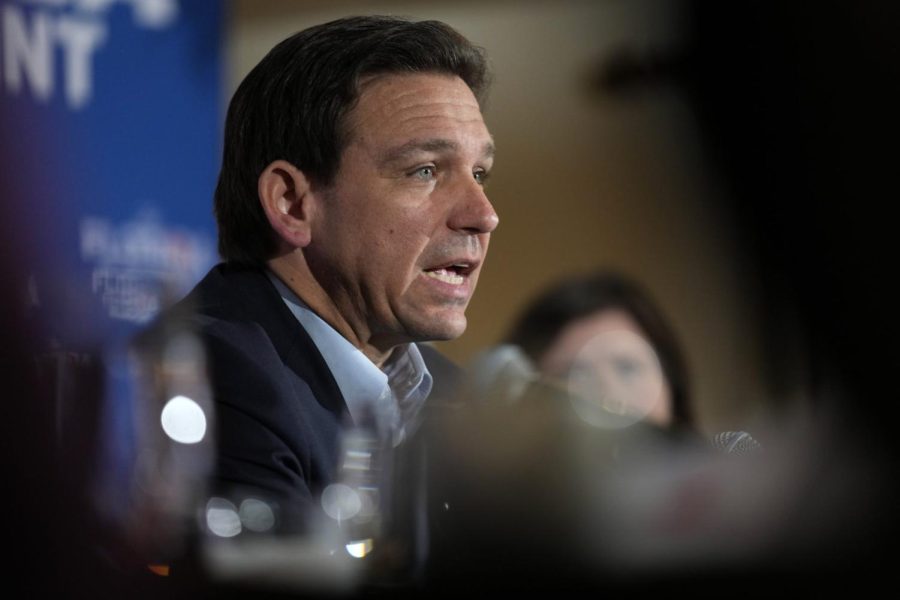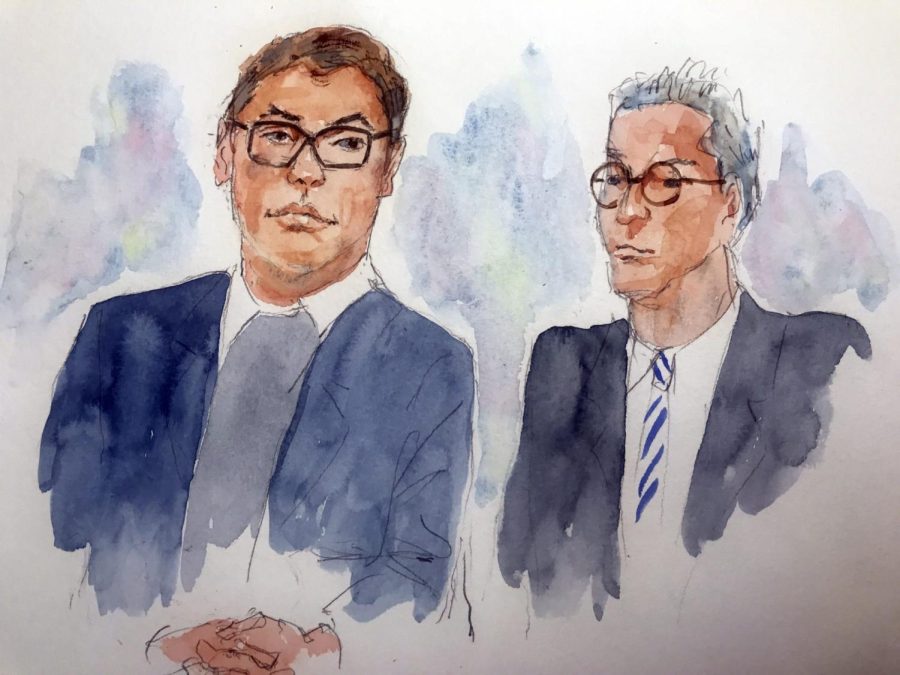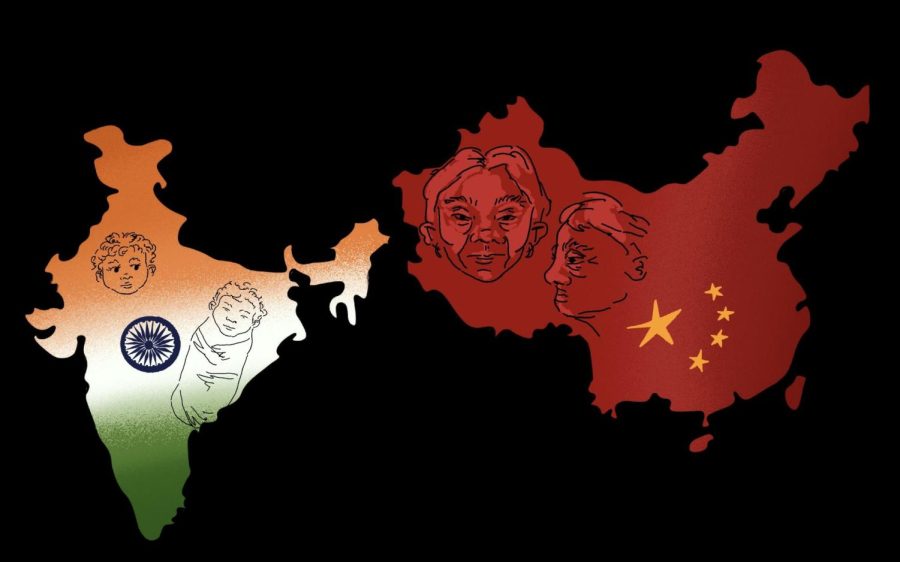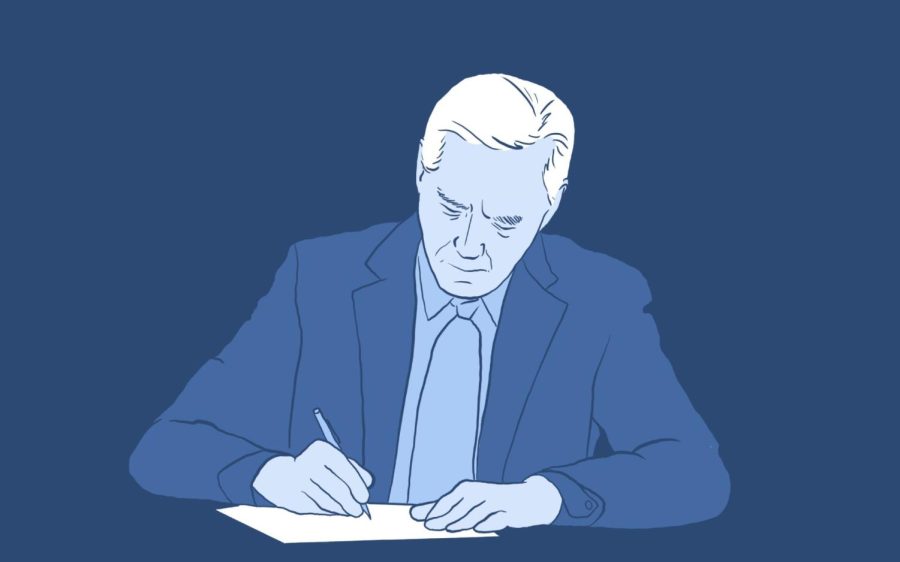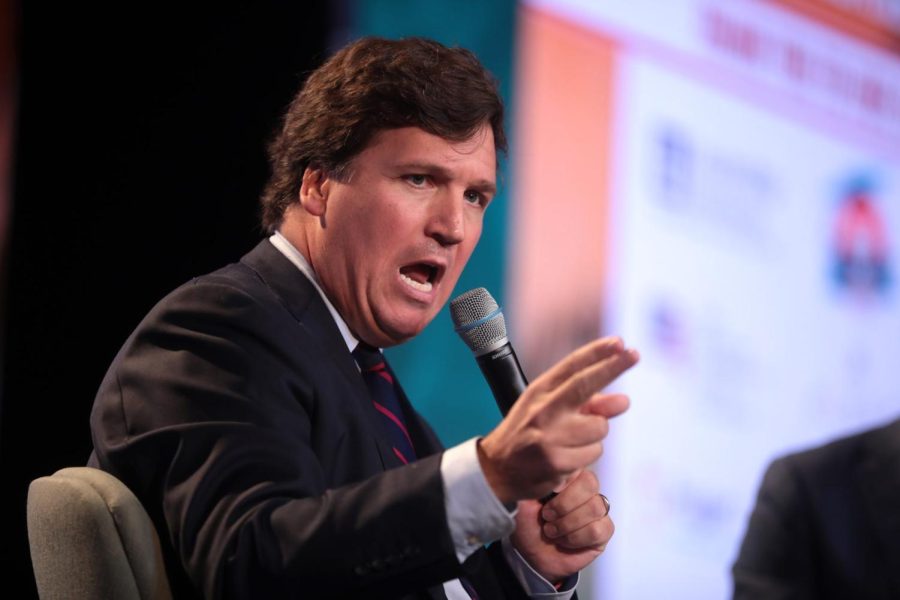There has been a possible thawing in U.S.-Iran relations as President Barack Obama called Iranian President Hassan Rouhani last week, the first contact between each country’s head of state since the Iranian Revolution in 1979.
The historic call was revealed by Rouhani via Twitter, and then acknowledged by Obama minutes later in a statement to the press.
“While there will surely be important obstacles to moving forward and success is by no means guaranteed, I believe we can reach a comprehensive solution,” Obama said.
The mistrust between the two countries is evident in events such as the hostage crisis in 1979 and the U.S. invasion of Iraq. In 2002, President George W. Bush included Iran in his Axis of Evil, while 2005 ushered in the election of ultra-conservative Iranian President Mahmoud Ahmadinejad, who was known for his hatred toward the U.S. and the western world in general.
The current issues facing the two countries are Iran’s use of nuclear weapons and support of terrorist organizations.
“First of all, the nuclear issue. Iran insists on its right under the Non- Proliferation Treaty to enrich uranium for peaceful purposes, and the U.S. and its allies accuse (Iran of establishing) a secret program to build nuclear weapons,” Professor Karim Pakravan said. “Second, Iran’s support for Hezbollah and Hamas as well as alleged support for the Taliban. Moreover, Iran has taken an active role in supporting its key ally in the region, PresidentBasharal-AssadofSyriainthe Syrian civil war.”
However, the countries have recently shown a willingness to work together and come to an agreement. President Obama has directed Secretary of State John Kerry to try to come up with a diplomatic agreement.
“I do believe that there is a basis for resolution,” Obama said. “Iran’s supreme leader has issued a fatwa against the development of nuclear weapons. President Rouhani has indicated that Iran will never develop nuclear weapons.”
And most recently, Reuters reported, President Obama stated that he would consider short-term sanction relief if Rouhani showed movement toward transparency and less uranium enrichment.
After the phone conversation, Rouhani tweeted, “In phone (conversation), President Rouhani and President Barack Obama expressed their mutual political will to rapidly solve the nuclear issue.” But even with the optimism displayed by both leaders, there will be several hurdles that must be faced in order for an agreement to be reached, the first being Israel.
Israeli President Benjamin Netanyahu has been skeptical of President Rouhani’s outreach and is urging the U.S. not to trust him. Another hurdle would be internal pressures.
“Each side has to overcome the resistance of their own extremists,” Pakravan said. “In the U.S., the neo- cons and the more right-wing members of Congress, as well as the allies of the current Israeli government, want to derail any agreement. In Iran, the committed hardline security forces and the allies of the Supreme Leader also have the same objective.”
However, momentum this time appears to be working in favor of the presidents. “There is for the first time some good will and momentum for negotiations,” Pakravan said.
Whether this translates into an agreement is uncertain, but makes it a negotiation worth watching. According to Reuters, U.S. officials will continue the discussion when Iran meets with the U.S. and other major world powers Oct. 15 and 16. The parties will discuss Iran’s nuclear future.


